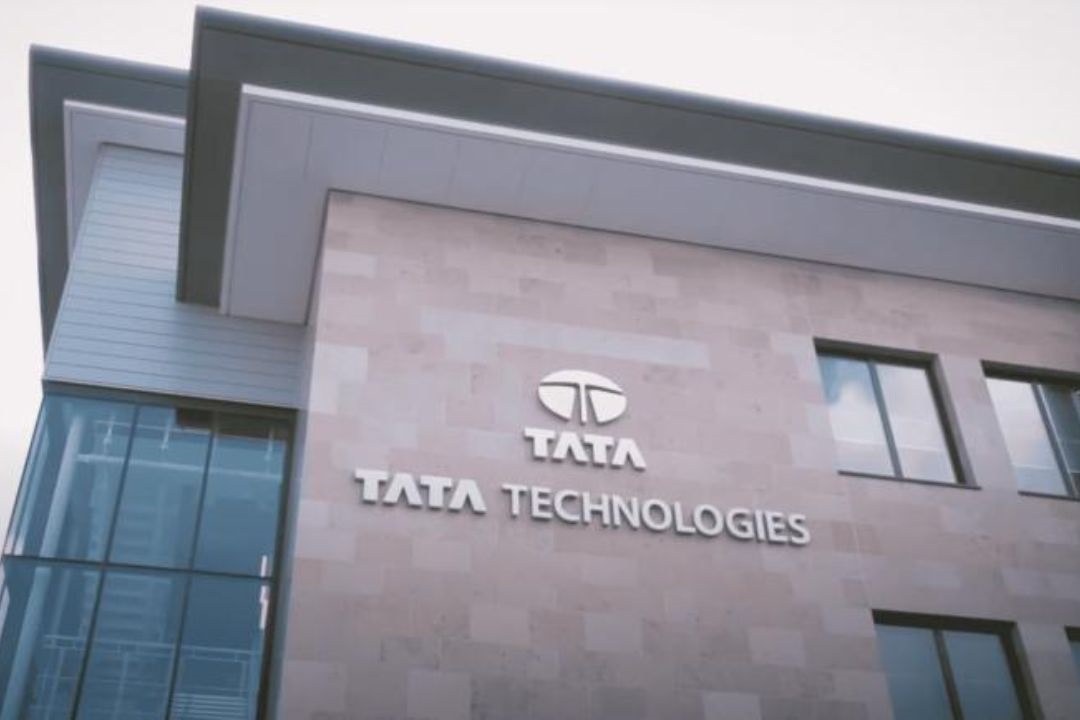Tata Technologies is set to see significant growth in its aerospace division, driven by a supply chain crisis that is prompting airlines to extend the life of their aircraft by refurbishing cabins. The company has formed partnerships with major aerospace manufacturers, including Airbus and Boeing, as well as maintenance, repair, and overhaul (MRO) firms, to expedite the process of returning grounded planes to service.
Aloke Palsikar, Head of Aerospace and Industrial Heavy Machinery Sales at Tata Technologies, shared in an interview with a newspaper that the company expects strong growth in the aerospace sector. “We aim to become a leading player in aerospace engineering and the preferred partner for our clients,” Palsikar stated.
As demand for premium seating rises among leisure travelers, airlines are upgrading their cabins to offer more high-end seats, which is fueling business for Tata Technologies. “We are currently working with several global seat manufacturers, providing end-to-end product engineering services, from design and integration to how the seats will be installed in the aircraft,” Palsikar explained.
Tata Technologies is also building expertise to support aircraft throughout their entire lifecycle, from initial construction to the conversion of passenger planes into freighters after years of service. “For aircraft manufacturers, we provide component design services, and once the planes are sold to airlines, we handle maintenance and certification. When the aircraft reach the end of their passenger service, we manage the engineering for converting them into cargo planes,” Palsikar added.
The ongoing supply chain crisis has put pressure on aircraft manufacturers to keep up with demand, as Airbus and Boeing face record order backlogs, with popular models like the A320 and 737 fully booked through the decade. To help manufacturers meet these challenges, Tata Technologies is collaborating with them to improve plant productivity through automation, robotics, and process enhancements. “We are working at advanced levels to optimize plant efficiency and increase output,” Palsikar concluded.







